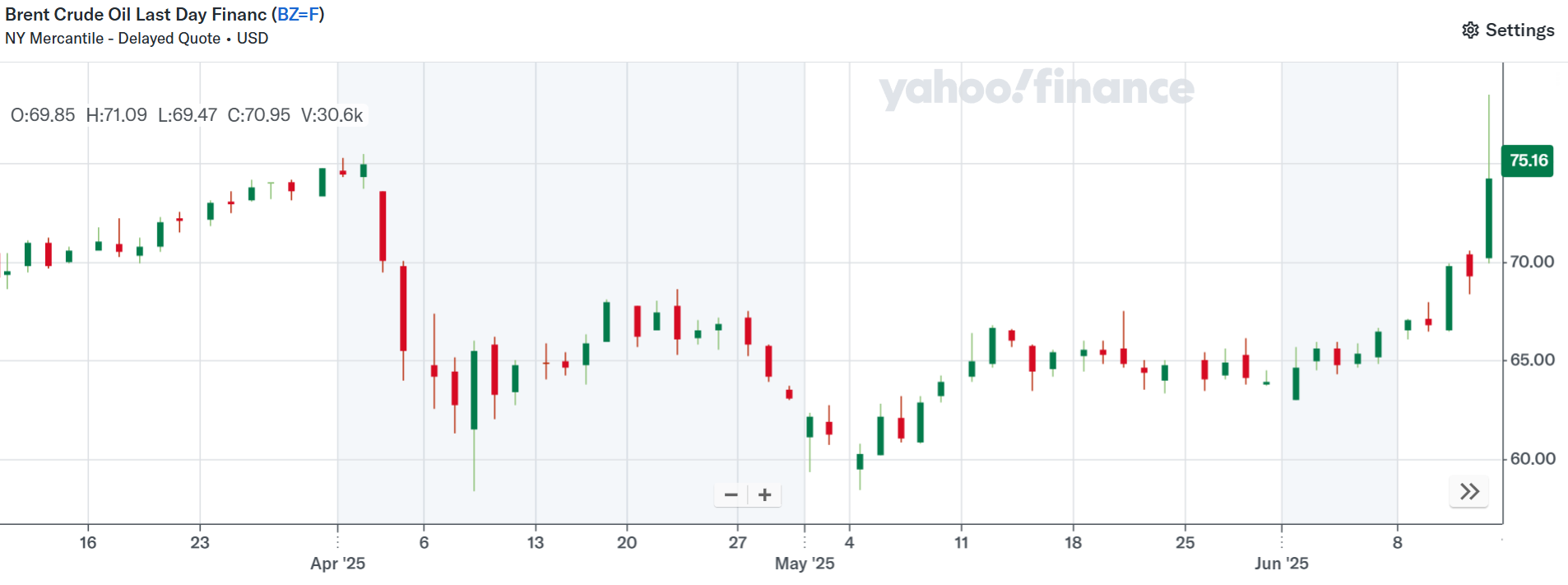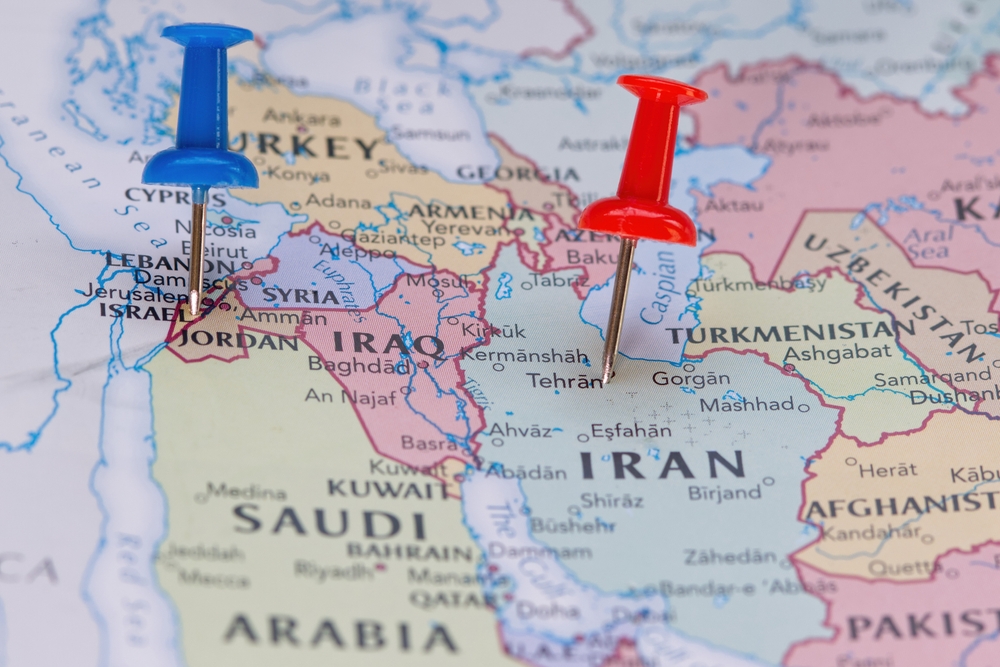A Region on Edge
The Israeli Defense Ministry declared a special situation after carrying out targeted strikes on Iranian facilities, an act that Iran condemned as an act of war. In response, Tehran vowed retaliation using missiles and drone attacks. Although U.S. officials stated that Israel acted independently, the broader implications of the strikes and Iran's response have created a new level of instability in an already fragile global order.
Defense Minister Israel Katz emphasized that the country is bracing for immediate retaliation, adding further to market anxiety. Analysts warn that markets have significantly underestimated the geopolitical risks, warning that this could complicate U.S.-Iran negotiations moving forward.
Asian Markets React Swiftly
The chain reaction was swift and widespread across Asian financial markets, which closed sharply lower on Friday. Japan’s Nikkei 225 fell 1.12%, with the broader Topix index down 0.96%. South Korea’s Kospi dropped 0.98%, and the technological Kosdaq fell even more by 2.91%, reflecting investor risk aversion in high-growth sectors.*
In Greater China, the Hang Seng Index retreated by 0.72%, while the mainland’s CSI 300 also went down by the same rate. Australia’s S&P/ASX 200 edged down 0.23%, and India’s key benchmarks suffered larger losses: the Nifty 50 fell 1.01% and the BSE Sensex declined 1.42%.*
Across the region, the declines confirmed a broad move out of risk assets and into safe havens. The Japanese yen saw modest strengthening, while gold rose 1.49% to $3,449.35 an ounce, reflecting a classic flight to safety.*

Source: Yahoo Finance
Oil Prices Soar on Supply Fears
Arguably, the most immediate and tangible impact was seen in energy markets. Brent crude spiked 10.28% to $76.48 per barrel, and U.S. West Texas Intermediate surged 10.21% to $74.99. By the end of trading, spot prices continued to rise, with Brent closing at $77.80 and WTI at $73.80—an 8.39% and 8.3% gain, respectively.*
Such sharp moves reflect not only immediate concerns about oil supply disruptions from the Middle East but also heightened speculative activity as traders anticipate possible escalation. Asia, a major importer of crude oil, is particularly vulnerable to such volatility. Rising oil prices threaten for rise in inflation, pressure current accounts, and lower consumer spending across key economies like India, Japan, and China.
Outlook for the Future
The situation remains volatile, with much depending on Iran's response and the potential for further escalation. In the short term, Asian markets may continue to see heightened volatility, driven by energy price shocks and capital outflows from riskier assets, and face higher uncertainty. Over the longer term, persistent instability in the Middle East could create a sustained risk premium on oil prices, intensifying inflationary pressures and slowing economic growth across Asia.
For now, investors and policymakers alike are watching developments closely, bracing for the possibility that geopolitical tension could once again become a central driver of market sentiment, at a time when economic uncertainty was already proving challenging enough.
* Past performance is no guarantee of future results.







.jpg)
